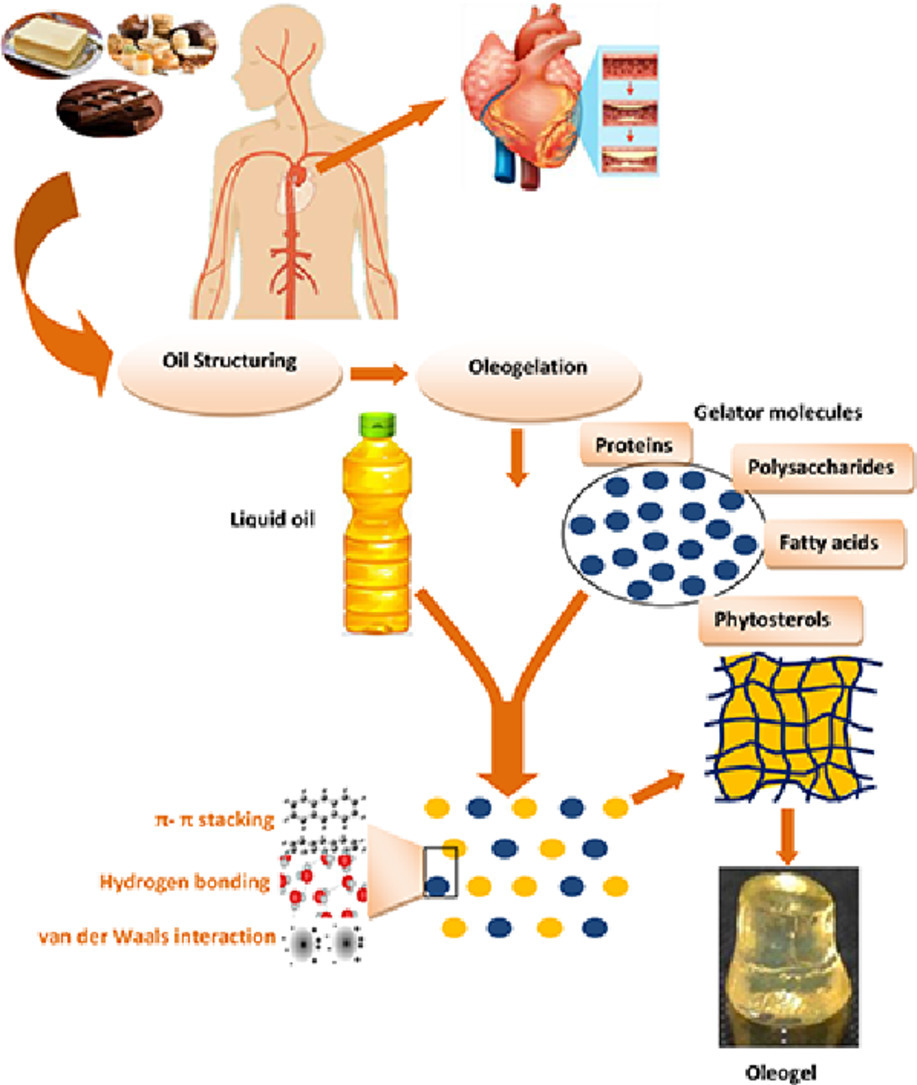The Lancet Planetary Health, Volume 6, March 2022
Background: Numerous studies have quantified the associations between ambient temperature and enteric infections, particularly all-cause enteric infections. However, the temperature sensitivity of enteric infections might be pathogen dependent. Here, we sought to identify pathogen-specific associations between ambient temperature and enteric infections.
The Lancet Regional Health - Americas, Volume 6, 2022, 100101
The Lancet Regional Health - Americas, Volume 10, 2022, 100222
The Lancet Regional Health - Americas, Volume 4, 2021, 100034


